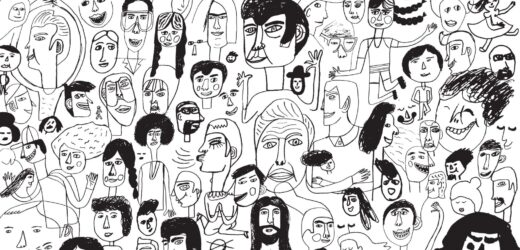Universal Design for Learning (UDL) isn’t just for students with disabilities, it can help all students be better learners.
The increased (and increasing) diversity of students at colleges and universities means learning needs to be flexible enough to accommodate that diversity. A one-size-fits-all approach to teaching doesn’t take students with different abilities or learning styles into consideration. But that’s where UDL comes in.
Universal Design for Learning provides students with more choices about and control over how, and even when, they learn. Whether it’s choosing the way they get the information you offer, having options for staying engaged, or choosing how they show just how well they learn, UDL gives all students a better chance to be successful.
This transcript, based on an online seminar by Thomas J. Tobin, will help you:
- Improve interactions with students by using UDL
- Implement campus-wide UDL at your college or university
- Use UDL to increase access for students on mobile devices
- Create interactions that will encourage students to stick with a course and return next semester
- Structure your courses to include at least one alternative way of learning
- Advocate for the adoption of UDL at the administrative level of your institution









